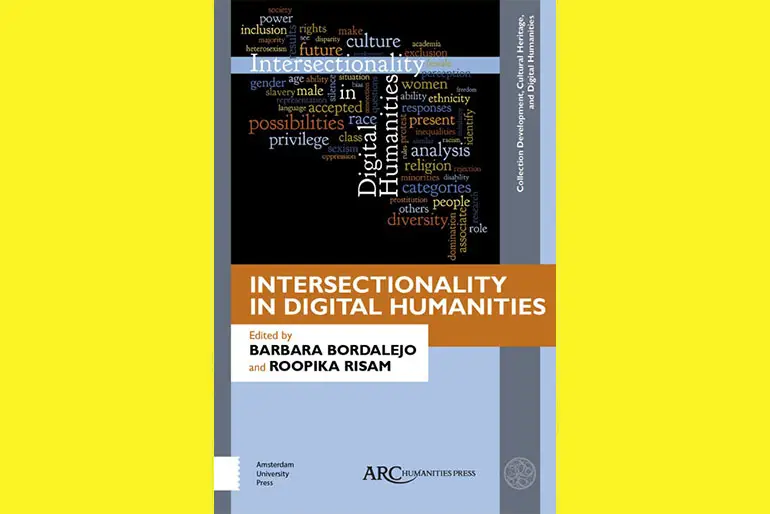
The volume intervenes in emerging scholarly conversations about the value of intersectional feminist thought for digital humanities by examining the add-and-stir model of diversity often misguidedly deployed in digital humanities, the hidden histories of intersectionality within digital scholarship, and the growing community of scholars putting intersectionality at the forefront of digital research methods in the humanities. We further shed light on difficult conversations about equity and justice in digital humanities practices by considering the challenges faced by scholars because of their identities and the foci of their scholarship, as well as the structural barriers within digital humanities professional communities. What the volume offers is not a final statement on intersectionality in digital humanities but a contribution to the beginning of a critical scholarly conversation.
As digital humanities has expanded in scope and content, questions of how to negotiate the overlapping influences of race, class, gender, sexuality, nation, and other dimensions that shape data, archives, and methodologies have come to the fore. Taking up these concerns, our volume explores their effects on the methodological, political, and ethical practices of digital humanities. Essays examine intersectionality from a range of positions: the influence of overlapping identities on scholars within the digital humanities community; how the fields in which they work are subject to competing tensions created by intersecting power structures within digital humanities and academia; and the methodological possibilities and scholarly potential for intersectionality as a framing theory in digital humanities scholarship.
- Date: November 30, 2019
- Categories: Writing
- Collaborators: Barbara Bordalejo, Roopika Risam
- Publisher: Arc Humanities Press
- Link: Intersectionality in Digital Humanities